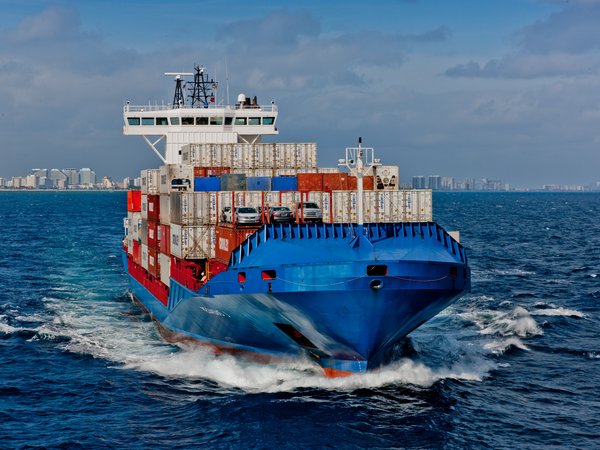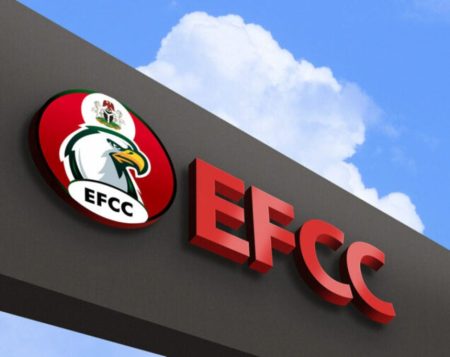
Esther Oritse
Lagos — THE Leadership of the Shipping Association of Nigeria, SAN, has raised concerns over the high cost of doing business in Nigerian ports, warning that it is driving cargo traffic to smaller neighboring countries.
Speaking to Newsmen at the weekend at the Lagos Yacht Club, Alabi stated that excessive port charges and high vessel berthing costs are making Nigerian ports unattractive compared to ports in Cotonou and Lomé, where fees are significantly lower.
Citing a 2024 report by NPS Meridian Port Services Limited, she highlighted that Ghana’s Tema Port, with its dedicated container terminal, handles 1.9 million TEUs annually, compared to Nigeria’s 1.2 million TEUs.
She attributed this disparity to high charges, noting that while berthing a vessel at Tema Port costs $15,000, the same process in Nigeria costs as much as $200,000 following a recent 15% increase in Port and Marine Fees by the Nigerian Ports Authority (NPA).
Alabi further detailed the rising costs faced by shippers, pointing out that a 20ft container that previously cost ₦55,000 now costs ₦145,000, while a 40ft container has surged from ₦100,000 to ₦290,000, excluding port charges and logistics fees. She compared these rates to other ports, stating that similar services cost $26,000 in Lomé, $27,000 in Cotonou, $29,000 in Singapore, $21,000 in Shanghai, and $60,000 in Abidjan.
“The statistics clearly show that Nigerian ports are not competitive. Investors will naturally choose ports where they can maximize returns rather than face excessive charges in Nigeria,” Alabi said.
She criticized the government for imposing the new charges without consulting stakeholders, arguing that reducing port fees would attract more cargo, increase government revenue, and create jobs.
Alabi also lamented the poor state of port infrastructure, long truck queues, bad access roads riddled with potholes, and multiple levies collected by government agencies, all of which contribute to the high cost of doing business. She warned that the government’s approach to economic policies, particularly the dollarization of transactions, is stifling investment and making the Blue Economy Project unfeasible.
“The 15% increase in shipping charges has effectively tripled the cost we used to pay. Just as the government suspended the Customs 4% charge, we plead for a similar reconsideration of port fees,” she added.
Supporting her argument, Ramesh Saraf, Deputy Managing Director of CMA/CGM Nigeria, noted that despite international investments, Nigeria’s Lekki Free Trade Zone remains underutilized.
He revealed that since Lekki Deep Sea Port began operations in April 2023, it has been functioning at less than half capacity due to high operational costs, which are three times higher than those of other ports globally.
“The 15% increase in port and marine fees has further driven up costs, making transshipment through Nigerian ports unviable. As a result, Nigerian importers and exporters prefer routing goods through Ghana and Cotonou, only to bring them back into the country for sales,” Saraf explained.
However, an anonymous source from the Nigerian Ports Authority (NPA) refuted these claims, stating that several factors influence port costs, including vessel gross tonnage (GRT), container sizes, cargo origin, terminal status, and vessel length overall (LOA).
The source dismissed some of the figures quoted as exaggerated, arguing that a 15% increment should not have resulted in a 263% rise in container handling fees or a 160% jump in vessel berthing costs.
“The claims are vague and do not account for operational factors that determine port charges. In reality, similar operations cost even more in some smaller countries,” the NPA source stated.
Stakeholders continue to call on the federal government to review port charges and engage industry players to make Nigerian ports more competitive, preventing further loss of business to regional rivals.



